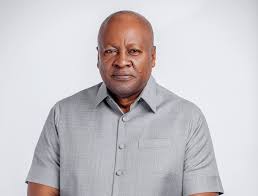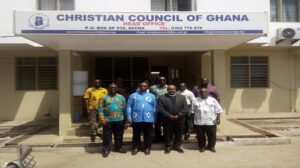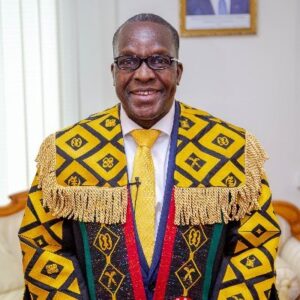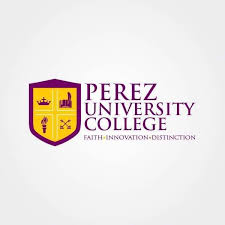Catholic Bishops and Christian Council Protest Exclusion from National Education Forum
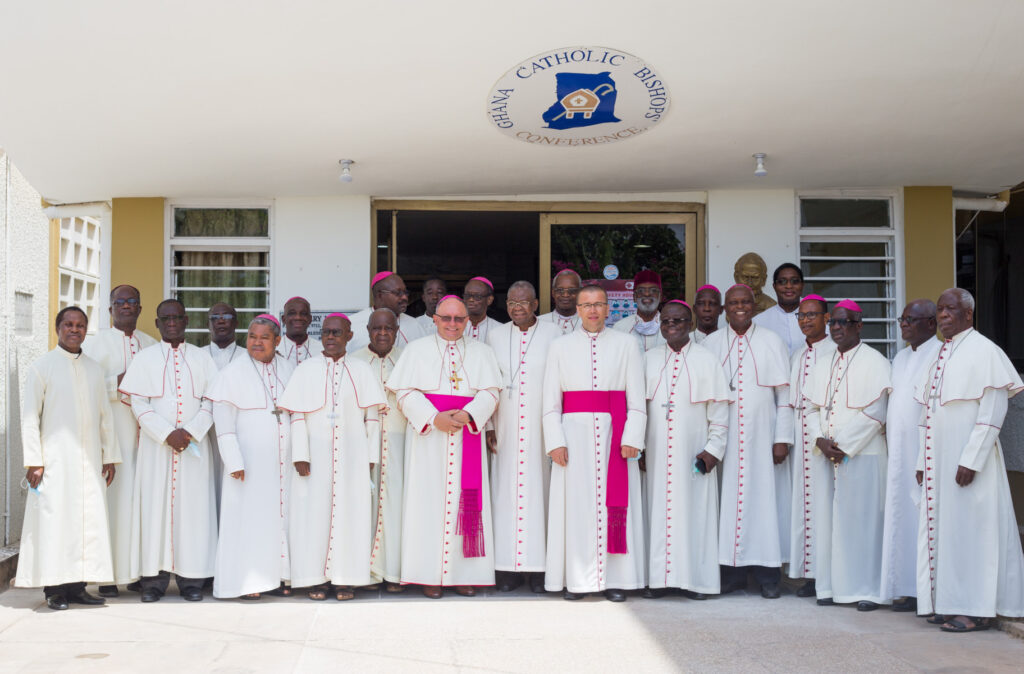
The Ghana Catholic Bishops’ Conference (GCBC) and the Christian Council of Ghana (CCG) have raised significant concerns regarding their exclusion from the upcoming National Education Forum scheduled for February 18-19, 2025. In a statement issued on February 17, the two major religious bodies expressed their dismay over their omission from such an important event, which they consider essential for discussing the future direction of education in Ghana. They described their exclusion as a step back from the goal of fostering an inclusive dialogue about education that encompasses the perspectives of all relevant stakeholders.
The GCBC and CCG, in their statement, emphasized their long-standing role and commitment to Ghana’s educational development. As influential stakeholders in the sector, especially in providing quality education through a network of schools, both organizations expressed their surprise and disappointment at being left out of the forum. “We are deeply perplexed by our exclusion from this discussion on an issue so vital to the future of education in Ghana,” the statement read. The two bodies believe that their absence from the discussions detracts from the broader goal of ensuring an education system that serves the diverse needs of Ghanaian children, regardless of their backgrounds or beliefs.
For years, the GCBC and CCG have been instrumental in the educational landscape of Ghana, playing a key role in the management and oversight of many schools across the country. These religious organizations have consistently advocated for policies that align with the values, cultural traditions, and collective aspirations of the Ghanaian people. As such, their exclusion from the forum is seen as a failure to include an essential voice in shaping the country’s education policies and reforms.
The GCBC and CCG pointed out that their participation in the forum would have been crucial, as it would have brought important perspectives from both the religious and educational sectors. They highlighted the importance of collaboration in creating effective policies that address the challenges facing the education system. “The exclusion of our organizations undermines the very spirit of collaboration that is critical for the success of any educational policy or reform,” the statement argued. They stressed that the national conversation on education should be all-encompassing, involving various stakeholders such as religious institutions, educators, parents, and other key actors who directly influence the education of Ghana’s children. Without these diverse voices, the forum may miss vital insights into the values, traditions, and needs of the people of Ghana.
Furthermore, the GCBC and CCG expressed concerns that their absence at the forum would result in a less inclusive dialogue, which may not fully reflect the broad range of views necessary for shaping policies that truly serve the needs of the entire nation. They described this exclusion as a disservice to the educational community and to the ideals of inclusivity and shared responsibility in the nation’s development.
The two organizations also pointed out that their involvement would have contributed to a more holistic approach to addressing the challenges facing Ghana’s education system. With a significant number of educational institutions under their guidance, including schools that cater to children from various walks of life, the GCBC and CCG bring practical experience and a deep understanding of what is required to improve education in the country.
In light of these concerns, the GCBC and CCG have called on the government, particularly the Ministry of Education, to reconsider their exclusion and ensure their inclusion in the forum. They have requested that an invitation be extended to both organizations to ensure that the discussions are truly representative of all sectors that contribute to the educational system. By including these groups, the forum would have a better chance of achieving the goal of fostering a comprehensive and inclusive approach to reforming education in Ghana, one that takes into account the perspectives of those who have dedicated their efforts to the development of the sector for many years.
In conclusion, the GCBC and CCG have emphasized that their exclusion from the National Education Forum is a missed opportunity for a more balanced and inclusive dialogue. As significant stakeholders in the education sector, their involvement is crucial in shaping the future of education in Ghana, and they are calling for their rightful inclusion in the discussions to ensure that the policies formed reflect the values and needs of the entire nation.

